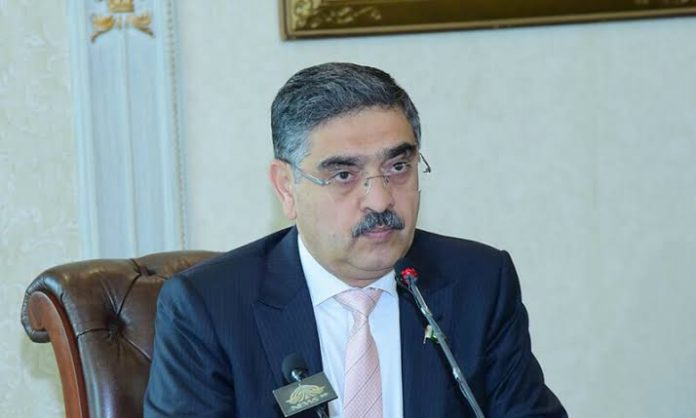Under the leadership of Prime Minister Anwaarul Haq Kakar, Pakistan’s caretaker administration has witnessed a significant increase in bank borrowing. From July 1, 2023, to January 19, 2024, the government borrowed nearly Rs4 trillion, marking a remarkable surge compared to the same period in the previous fiscal year.
This surge represents a substantial 185% increase from the preceding fiscal year, where the government borrowed Rs1.398 trillion, according to data from the State Bank of Pakistan. Despite meeting revenue collection targets for the first six months, concerns have been raised regarding the economic impact of this borrowing spree.
Pakistan is currently facing challenges such as inflation, slow economic growth, and the need to address circular debts in the power sector. The borrowing strategy, which carries returns around 21%, is proving to be a costly endeavor for the caretaker government, consuming over half of the budget allocated for debt servicing alone.
Financial experts have criticized this approach, highlighting it as a significant economic challenge. While banking institutions have reported doubled profits in 2023, the trend of increased borrowing in the past fiscal years is unlikely to reverse in the near term.
With the general elections scheduled for February 8 and the anticipated formation of a new government, political uncertainties may further dampen investment prospects, prolonging economic challenges for Pakistan.


